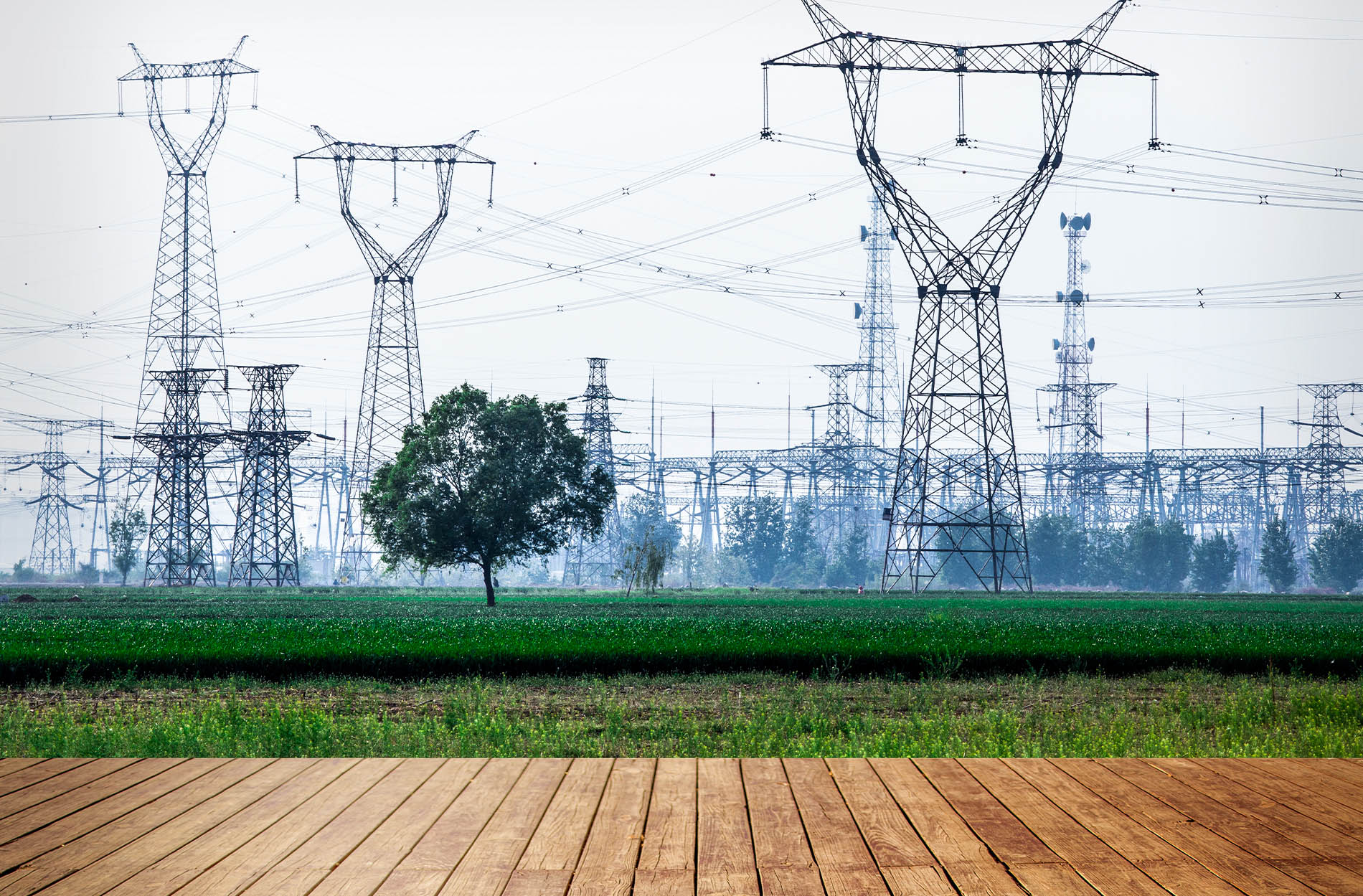

Electricity generation has a substantial environmental impact, varying based on energy sources. Fossil fuels produce air and water pollution and greenhouse gases. Nuclear power poses waste and accident risks. Renewables offer low emissions, but may disrupt habitats or require land. Biomass and waste-to-energy have emissions, but reduce landfill waste. Geothermal and ocean energy are environmentally friendly. Hydrogen fuel cells emit no pollutants but depend on hydrogen production methods. Energy storage impacts include raw material extraction and disposal. Transitioning to cleaner sources and energy efficiency is crucial for minimizing these effects and addressing climate change. Responsible management and sustainability measures are vital for mitigating impacts on ecosystems and health.
Energy efficiency and conservation are crucial strategies in the quest for a sustainable and responsible approach to energy consumption. These concepts focus on optimizing the utilization of energy resources while minimizing waste and environmental impact. Energy efficiency involves using less energy to achieve the same level of productivity or service, typically through technological advancements and practices that reduce energy consumption. On the other hand, energy conservation emphasizes reducing overall energy consumption by adopting behaviors and practices that limit unnecessary energy use. Both energy efficiency and conservation play pivotal roles in mitigating climate change, reducing energy costs, enhancing energy security, and preserving natural resources. In this context, we will delve into the principles, benefits, and practical applications of energy efficiency and conservation, exploring their significance in the modern world.
Read more: Environment and Renewable Energy | PUCSL